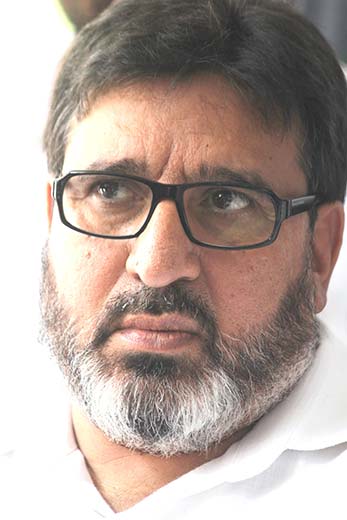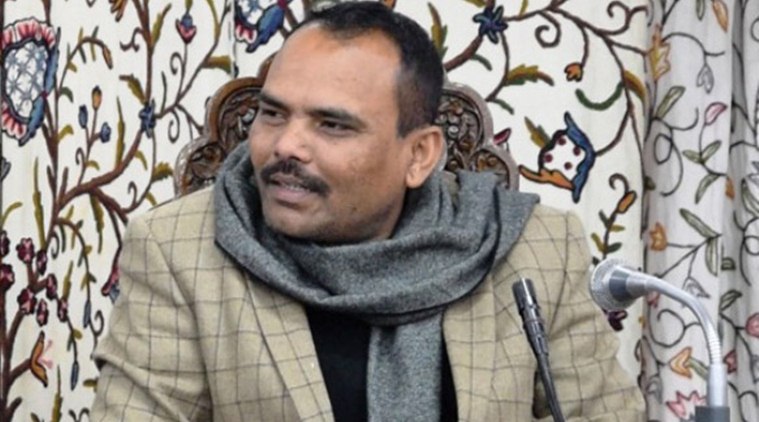SRINAGAR: The Jammu and Kashmir and Ladakh High Court has upheld the strict bail conditions outlined in the Narcotic Drugs and Psychotropic Substances (NDPS) Act. However, it has acknowledged the paramount right to a speedy trial enshrined in Article 21 of the Constitution.
Highlighting the imperative need to interpret Section 37 of the NDPS Act in harmony with the fundamental right to life and liberty guaranteed under Article 21, Justice Sanjeev Kumar, referencing Mohammad Muslim @ Hussain v State (NCT of Delhi), reported in 2023, stated, “With a view to save the constitutionality of Section 37 of the NDPS Act, it is necessary to read Section 37 of the NDPS Act subject to the fundamental right of life and liberty guaranteed under Article 21 of the Constitution of India.”
The case revolved around Bashir Ahmad Bhat, a 65-year-old man arrested in 2021 for allegedly possessing a commercial quantity of poppy straw.
Bhat’s initial bail plea was rejected by the trial court due to Section 37 of the NDPS Act, making bail exceptionally challenging in such cases. Bhat subsequently filed a fresh bail plea before the High Court, arguing that the inordinate delay in his trial, with only six out of 12 witnesses examined in two years, had infringed upon his right to a speedy trial.
On the prosecution’s side, the emphasis was placed on the severity of the non-bailable offence, the commercial quantity of the contraband, and the applicability of Section 37 of the NDPS Act.
Justice Kumar engaged in a comprehensive discussion on the constitutional aspect, specifically addressing Section 37 of the NDPS Act. The court underscored the need to interpret Section 37 in harmony with the fundamental right to life and liberty guaranteed under Article 21.
Referring to the constitutional balance, the judge highlighted that while Section 37 imposes stringent conditions for bail, it cannot outrightly deny bail without considering the accused’s fundamental rights. Justice Kumar recorded, “There is not an iota of doubt that prolonged incarceration without bail violates the right of the accused to a speedy trial, implicit under Article 21. In such a situation, where the Court opines that the trial has been prolonged beyond reasonable limits, it may grant bail to the accused on the strength of Article 21, the rigours of Section 37 notwithstanding.”
While Bhat’s bail application was ultimately dismissed due to the ongoing trial and existing prima facie case, the Court issued a crucial directive to the trial court. Recognizing the potential injustice of prolonged incarceration without a swift conclusion, Justice Kumar emphasised the “onerous duty” to finalise the case within a year.
“This Court, however, views seriously the lapse on the part of the prosecution to examine the rest of the six witnesses with promptitude. I, therefore, take this opportunity to remind the trial Court of its onerous duty to conclude the trial without waste of time, more particularly when the accused is in custody,” the court stated.
Notably, Bhat was given the liberty to file a fresh bail application if the trial court failed to conclude the trial within the stipulated period granted.















